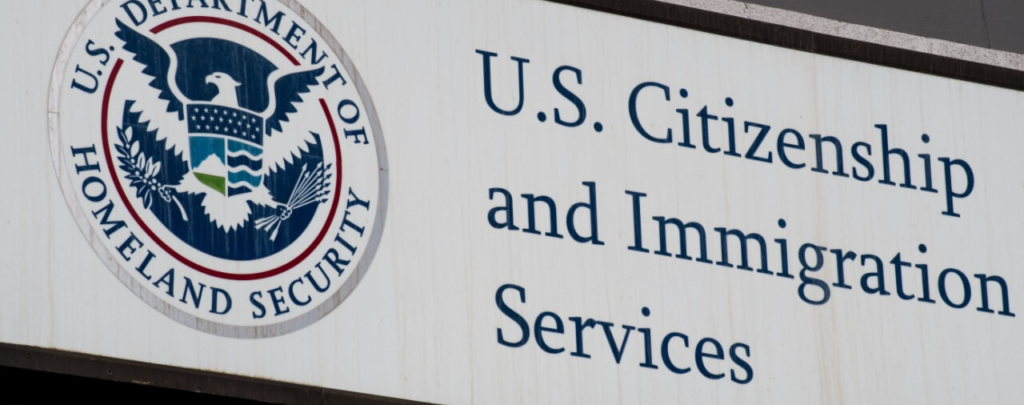On January 19, 2018, the Supreme Court of the United States granted certiorari in Trump v. Hawaii, one of the challenges to Presidential Proclamation 9645 [published at 82 FR 45161 (Sep. 27, 2017)], more commonly known as the third version of the “travel ban.” This order means that the Supreme Court will hear oral arguments in the case this term — possibly in March — and likely issue a decision by June. It is important to note that the travel restrictions in Presidential Proclamation 9645 are currently in effect in full due to the Supreme Court having previously stayed two separate injunctions against the restrictions. You may read about the travel order and all of the major developments in subsequent litigation in our full article on the subject [see article].
Before examining the order itself and the questions presented, it is worth noting that the Supreme Court is hearing the Government’s appeal from the decision of the United States Court of Appeals for the Ninth Circuit (Trump v. Hawaii) upholding a district court decision ruling against the validity of most of the travel restrictions. There were, however, two separate district court decisions resulting in the issuance of injunctions in cases challenging the travel orders. In addition to the injunction that was issued by the United States District Court for the District of Hawaii (under the jurisdiction of the Ninth Circuit), the United States District Court for the District of Maryland also issued an injunction in a separate case upon ruling against the travel restrictions [see article]. When the Supreme Court stayed both injunctions, it instructed both the Ninth and Fourth Circuits to resolve the underlying appeals with “appropriate dispatch.” Although the Ninth Circuit issued its decision just days after the Supreme Court’s stay, the Fourth Circuit has yet to issue a decision in its appeal over a month later (as of January 22, 2018). The Supreme Court has opted to not wait for the Fourth Circuit to issue its decision before agreeing to hear the appeal challenging the Ninth Circuit decision.
The Supreme Court’s order agreeing to hear the case lists the three questions that the Court will consider [PDF version]. The questions are as follows:
1. Whether the respondents’ challenge to the President’s suspension of entry of alien’s abroad is justiciable.
2. Whether the Proclamation is a lawful exercise of the President’s ability to suspend entry of alien’s abroad.
3. Whether the global injunction is impermissibly overbroad.
Furthermore, the Supreme Court also directed the parties to brief and argue the following question: “Whether Proclamation No. 9645 violates the Establishment Clause.”
We will examine all of these issues in greater detail as the case proceeds. For now, we will look at each of the questions briefly.
The first question asks the parties to address whether the Supreme Court has jurisdiction to hear the challenge to the travel restrictions in the first place. Essentially, courts may only exercise jurisdiction over certain disputes. If the Government were to prevail on this question, the Supreme Court would likely dismiss the case for lack of jurisdiction without reaching the remaining three questions. Such a result would leave the travel restrictions in place.
The second question asks whether the travel restrictions fall within President Trump’s authority. If the Court reaches this question, it will potentially address both constitutional and statutory arguments for and against the president’s authority to suspend the entry of aliens. To learn more about some of these issues, please see our full article on section 212(f) of the Immigration and Nationality Act (INA) [see article]. Section 212(f) serves as the statutory basis Presidential Proclamation 9645.
The third question asks the parties to brief whether the global injunction issued by the District Court was overbroad. Presumably, this question would be significant if the Court concluded that the travel restrictions were at least in part unlawful.
Finally, the Court agreed to hear an additional question. The final question asks for briefs on whether the travel restrictions violate the Establishment Clause. Essentially, the issue here is whether the travel restrictions were impermissibly targeted to deny entry on a religious basis. Interestingly, the Ninth Circuit did not reach this question in ruling against the travel restrictions.
There has been a great deal of speculation as to how the Supreme Court will ultimately rule on President Trump’s various “travel bans.” Now, nearly a year after the first iteration of the “travel ban,” it appears that the Supreme Court will resolve the issue in Trump v. Hawaii in the first half of 2017. We will continue to update the website with information on this significant case as it develops. We would again like to remind readers that the travel restrictions remain in full effect pending the Supreme Court’s decision. You may learn about the travel restrictions, and how they apply, by reading our full article on the issue [see article].





